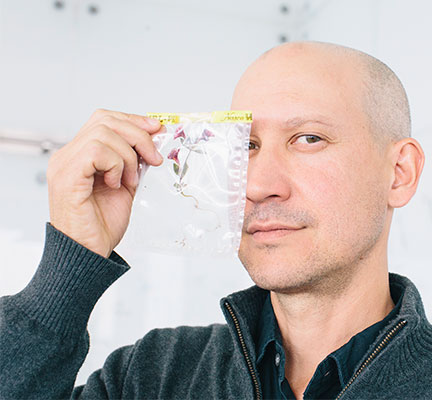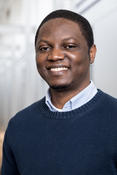
Understanding the interactions of aerosols (such as dust aerosols, smoke aerosols, and other carbonaceous aerosols) and their unique impacts on the regional and global climate
Aerosol-climate interactions, aerosol-meteorology interactions, atmospheric physics, air-quality, and aerosol-health impacts.
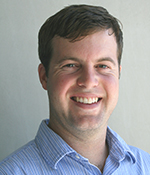
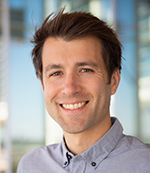
Associate Professor, Life and Environmental Sciences and Associate Dean for Academic Programs
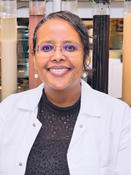
Professor Berhe's research is broadly focused on soil science and global change science. The main goal of her research is to understand the effect of changing environmental conditions on vital soil processes, most importantly the cycling and fate of essential elements in the critical zone. She studies soil processes in systems experiencing natural and/or anthropogenic perturbation in order to understand fundamental principles governed by geomorphology, and contemporary modifications introduced by changes in land use and climate.
Professor Berhe's general research themes are:
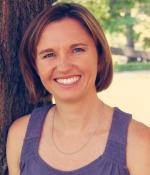
Ecological and evolutionary responses to past, recent and future environmental change, using approaches such as:
-paleoecology
-niche/community modeling
-phylogenetics/phylochronology
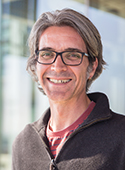
Millions of species demonstrate that evolution happens, but few illuminate the process. Professor Dawson's lab focuses on elucidating the origins, maintenance, and loss of marine biodiversity, from molecular to ecosystem levels. His specific interests are:
His lab's work scales from micro- to macro-evolution and integrates biological and physical sciences. Topic areas include:

Professor, Life and Environmental Sciences and Executive Vice Chancellor & Provost

Assistant Teaching Professor, Life and Environmental Sciences
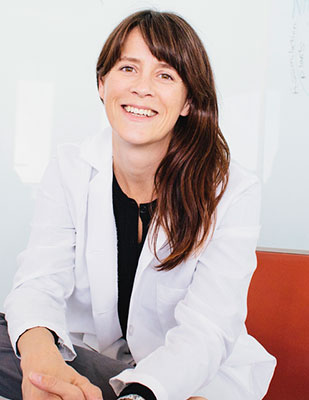
The Plant Microbiome, including:
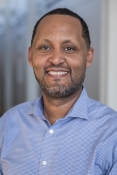
Professor Ghezzehei's research interest is in the movement and transformation of mass and energy in porous media at a fundamental level, as well as their application to environmental- and energy-related problems. The scale of his interest ranges from sub-pore scale dynamics of water-gas interfaces to water flow and solute transport at scales of tens of meters. The scope of his research includes laboratory and field experiments, theory, and computational modeling.
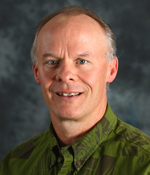
Professor Hart's research explores the controls of biogeochemical processes and productivity in managed and wildland terrestrial ecosystems using methods such as:
His research group is currently investigating:
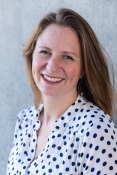
Evolution, phylogenetics, genomics, computational biology
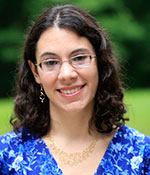
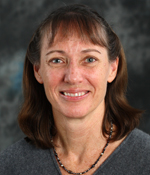
Peggy O'Day is environmental geochemist who studies the chemistry, reaction, and transport of inorganic contaminants and species, primarily metal and metalloid elements, in surface and subsurface systems. She specializes in the use of spectroscopic and microscopic methods, especially synchrotron X-ray techniques, to determine element speciation and molecular-scale mechanisms of biogeochemical reactions in natural systems and laboratory analogs. She develops and applies thermodynamic, kinetic and reactive transport models for synthesis and quantitative description of biogeochemical cycling, reactivity, transport, and bioavailability.
Current research projects include:
